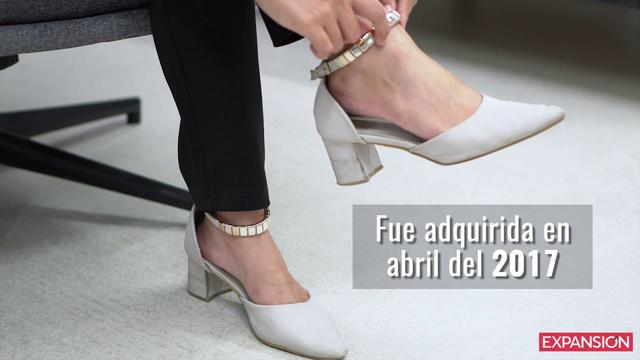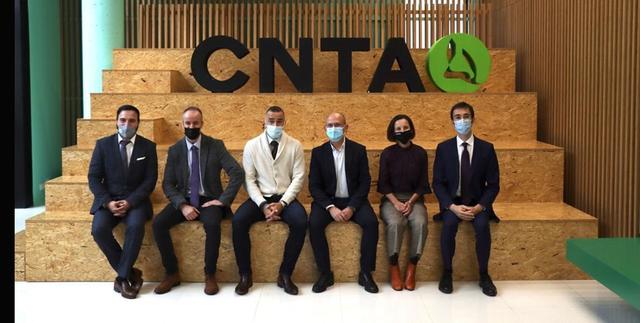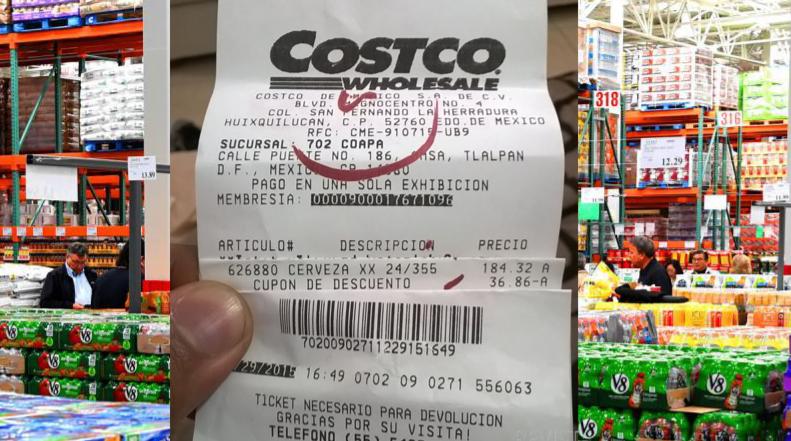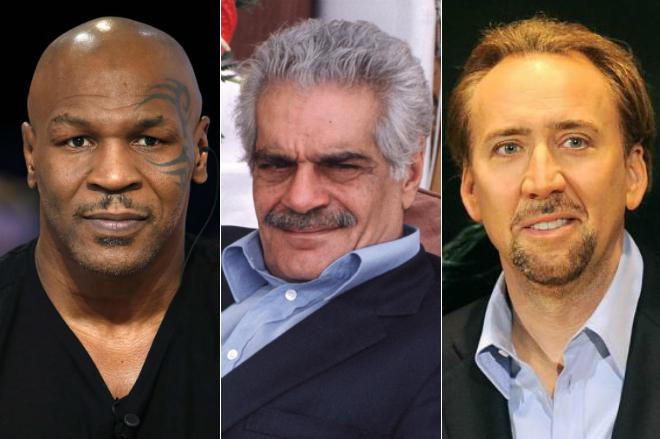OPINION: The new Versace under the rule of Michael Kors
Editor's Note: Samantha Tse is an experienced fashion writer and editor. Her work has been featured in various international publications including T Magazine, Women's Wear Daily, CNN Style, Allure and Disegno.
(CNN) - In late September it was announced that American fashion label Michael Kors had acquired Versace for $2.1 billion, taking over one of the last independent Italian brands as part of an attempt to build an empire to compete with the major European conglomerates: LVMH Moet Hennessey Louis Vuitton (whose brands include Givenchy, Fendi, Dior and many more) and Kering (whose ranks include Gucci, Saint Laurent, Alexander McQueen, Balenciaga and more).
With Versace and Jimmy Choo (which it acquired in 2017) under its belt, Kors — who will change his company name to Capri Holdings Limited when the purchase is complete — is already causing a stir in the power structure that has dominated luxury fashion since the 1990s. The question now is whether the American designer and his president, John Idol, will be able to succeed where other compatriots have failed: creating America's first luxury group.
“Michael Kors is building something virtually unknown: an American-backed luxury goods parent company. If it works, it will set it in a league apart from rivals like Ralph Lauren. could become famous for reinvigorating a legendary European brand, which no American designer has ever done," Bronwyn Cosgrave, a fashion historian, said in a telephone interview.
Read: Dolce & Gabbana hangs out with Melania Trump's haters
What does the acquisition mean for both brands and what will they gain from merging?
Michael Kors and Versace are two brands famous for their seduction and glamour, albeit at different ends of the spectrum; however, this project could be extremely advantageous for both.

The Long Island-born Michael Kors launched his label in 1981 and has built his empire selling an aesthetic inspired by the American jet-set lifestyle. His women have tanned skin, neutral-colored lips, and a healthy glow. Their hair is always lustrous and they are adorned with golden accessories.
Kors has made much of its fortune in the middle market and has a large presence in malls. The brand focuses heavily on accessories such as bags, shoes, and watches, coveted in both the United States and Europe. In addition, the American designer is an institution thanks to his fashion brand, but also thanks to the 10 years he has been a judge of the Project Runway program.
OPINION: What and who will define beauty in 2050?
On the other hand, Versace is the ultimate example of Italian fashion: high-octane glamor and sex appeal at a high price. While Kors women have a healthy athletic glow and good manners, Versace's muse is a tanned goddess who drinks champagne into the wee hours of the morning.
It's also an institution, but more because of its association with celebrities like Jennifer Lopez (who wore the infamous green silk gown with a navel-length neckline) and Elizabeth Hurley, whose hook-and-loop dress catapulted her to fame .
Gianni Versace founded the company that bears his last name in 1978. Until 1997, the year in which he was assassinated, he directed the creative part of the brand, credited with creating the phenomenon of supermodels in the 1980s and 1990s , championed diversity and combined high fashion with pop culture. After his death, his sister Donatella took over the reins of the brand (and will remain its creative director after the sale).
Read: Donatella Versace assures that her brother would support the sale of the firm
Why all the drama?
It's no surprise that a sale of this magnitude has thrown many off guard. Part of the controversy arises because Versace, a brand historically aligned with Italian heritage, culture and craft, is left in the hands of an American company that has made its fortune in shopping malls; however, it has also been affected by its lack of accessibility.
For many luxury goods houses, makeup and accessories are the entry point, segments where Versace has lagged behind. Although it produces bags and shoes, neither is particularly coveted or considered a must-have.
John Idol, CEO and Chairman of Michael Kors, wants to remedy this. His strategy for Versace, as explained in a statement from the brand, includes an increase in the production of accessories and footwear, in addition to the opening of approximately one hundred more stores around the world. Idol's goal is for Versace to earn $2 billion in revenue over the long term.
Read: 5 things to know about the Versace brand
"[Kors] has immense credibility in this space. Although Michael Kors bags are as sought-after as Prada's in Europe, Kors was instrumental in revitalizing Celine. In his seven-year tenure, he transformed it from virtually dormant to It seems that with his own label he has found success distilling European fashion trends to the American market. He has a solid career creating ready-to-wear garments and perhaps this will give Versace credibility," Cosgrave said.
Michael Kors is not the first American to try to create a local version of the conglomerates that dominate European luxury. Several have tried, including Liz Claiborne, which bought American midrange brands Juicy Couture, Lucky Brand and Kate Spade in 2012. A more recent example is Tapestry, which owns Coach, Kate Spade and Stuart Weitzman, which is trying to jump into the arena.
Kors is planning a different group, however: one whose goal is global, not so much cultivating only American brands.
With Jimmy Choo and Versace on his belt, Michael Kors has his gloves on and is ready to step into the ring. Although he is not the favourite, the American fashion brand is gradually entering a scene dominated by European conglomerates. By amalgamating European and American luxury brands, he is giving American luxury the edge on the world stage and dissolving the boundaries that have tied fashion to class and national heritage, creating a more global focus on the sector.
Consult more information about this and other topics in the Opinion channel




